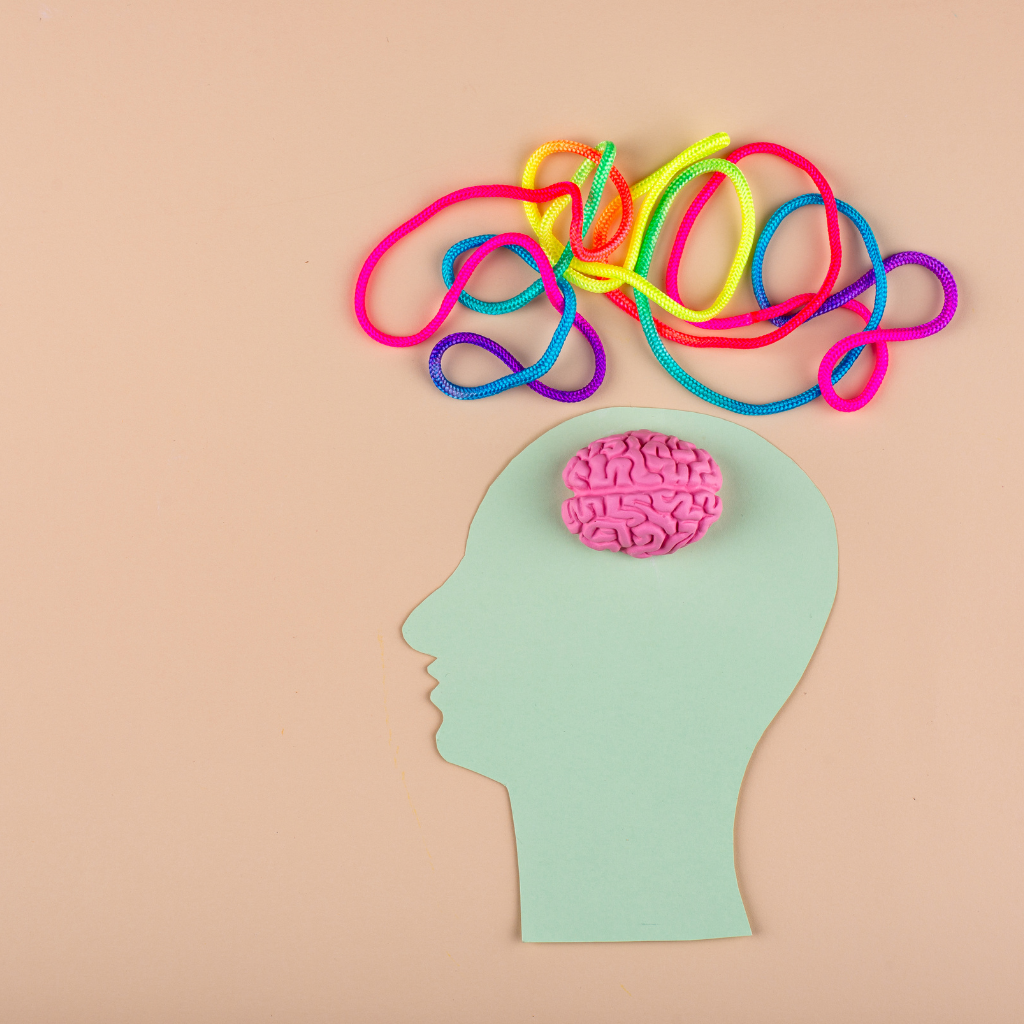
Obsessive-Compulsive Disorder (OCD) and Attention-Deficit/Hyperactivity Disorder (ADHD) are two distinct mental health conditions that can often exhibit overlapping features, leading to potential challenges in diagnosis and treatment. While both are rooted in neurological differences, understanding their unique and shared characteristics is key to managing them effectively.
What Are the Key Differences Between OCD and ADHD?
OCD and ADHD are distinct conditions with different underlying mechanisms and symptom profiles. However, their overlap can sometimes blur the lines between them.
Core Differences:
- Focus and Attention: Individuals with ADHD often struggle with sustained attention and impulsivity, leading to challenges in completing tasks. In contrast, those with OCD experience intrusive thoughts (obsessions) that compel repetitive behaviors (compulsions), which can lead to hyper-focus on specific routines.
- Thought Patterns: ADHD is characterized by a fast-paced thought process, making it difficult to stay organized or follow through on plans. OCD, on the other hand, involves persistent, distressing thoughts that are difficult to ignore.
- Behavioral Manifestations: In ADHD, impulsivity and hyperactivity are common, whereas OCD behaviors are typically deliberate, aimed at reducing anxiety caused by obsessions.

Is It Possible to Have ADHD and OCD Together?
Yes, it is possible to have both ADHD and OCD simultaneously, a condition known as comorbidity. Studies indicate that co-occurrence rates range from 11% to 30%, depending on the population studied. This dual diagnosis can complicate treatment, as the symptoms of one disorder can exacerbate the other.
Shared Features:
- Difficulty with Focus: Both conditions can lead to struggles with concentration, albeit for different reasons.
- Emotional Dysregulation: Individuals with either or both conditions may experience heightened emotional responses.
Challenges in Co-occurrence:
Managing OCD and ADHD together requires a nuanced approach. For instance, stimulant medications commonly used for ADHD might aggravate OCD symptoms in some individuals. A multidisciplinary treatment plan that includes behavioral therapy, medication management, and lifestyle adjustments is often recommended.
Is OCD Neurodivergent?
The term “neurodivergent” encompasses a range of conditions that involve atypical neurological functioning, including ADHD, autism spectrum disorder (ASD), and dyslexia. While OCD’s inclusion under the neurodivergent umbrella is still debated and not universally accepted in all clinical classifications, it shares certain traits with neurodivergent conditions, such as heightened sensitivity and unique cognitive processing patterns.

Points of Debate:
- Overlap with Neurodivergence: Like ADHD and autism, OCD involves differences in brain structure and function, particularly in regions associated with decision-making and emotional regulation.
- Identity and Advocacy: Some individuals with OCD identify as neurodivergent, viewing their condition as a neurological difference that contributes to their unique experience of the world, rather than solely a deficit.
Strategies for Managing OCD and ADHD
While these conditions present unique challenges, there are effective strategies to manage their symptoms and improve quality of life.
General Strategies:
- Cognitive Behavioral Therapy (CBT): For people struggling with ADHD and OCD, CBT helps challenge intrusive thoughts and develop healthier coping mechanisms.
- Medication Management: Stimulants and Non-stimulants for ADHD and selective serotonin reuptake inhibitors (SSRIs) for OCD can be used, often requiring careful balancing in cases of comorbidity.
- Lifestyle Adjustments: Regular exercise, mindfulness practices, and structured routines can benefit individuals with either or both conditions.
Final Thoughts
Understanding the similarities and differences between OCD and ADHD is crucial for effective diagnosis and treatment. While these conditions can overlap, they require distinct yet complementary management approaches. If you suspect you or a loved one may have OCD, ADHD, or both, consult a qualified mental health professional for an accurate diagnosis and tailored treatment plan.
Responsibly edited by AI
Animo Sano Psychiatry is open for patients in North Carolina, Georgia and Tennessee. If you’d like to schedule an appointment, please contact us.
Get Access to Behavioral Health Care
Let’s take your first step towards. Press the button to get started. We’ll be back to you as soon as possible.ecovery, together.




